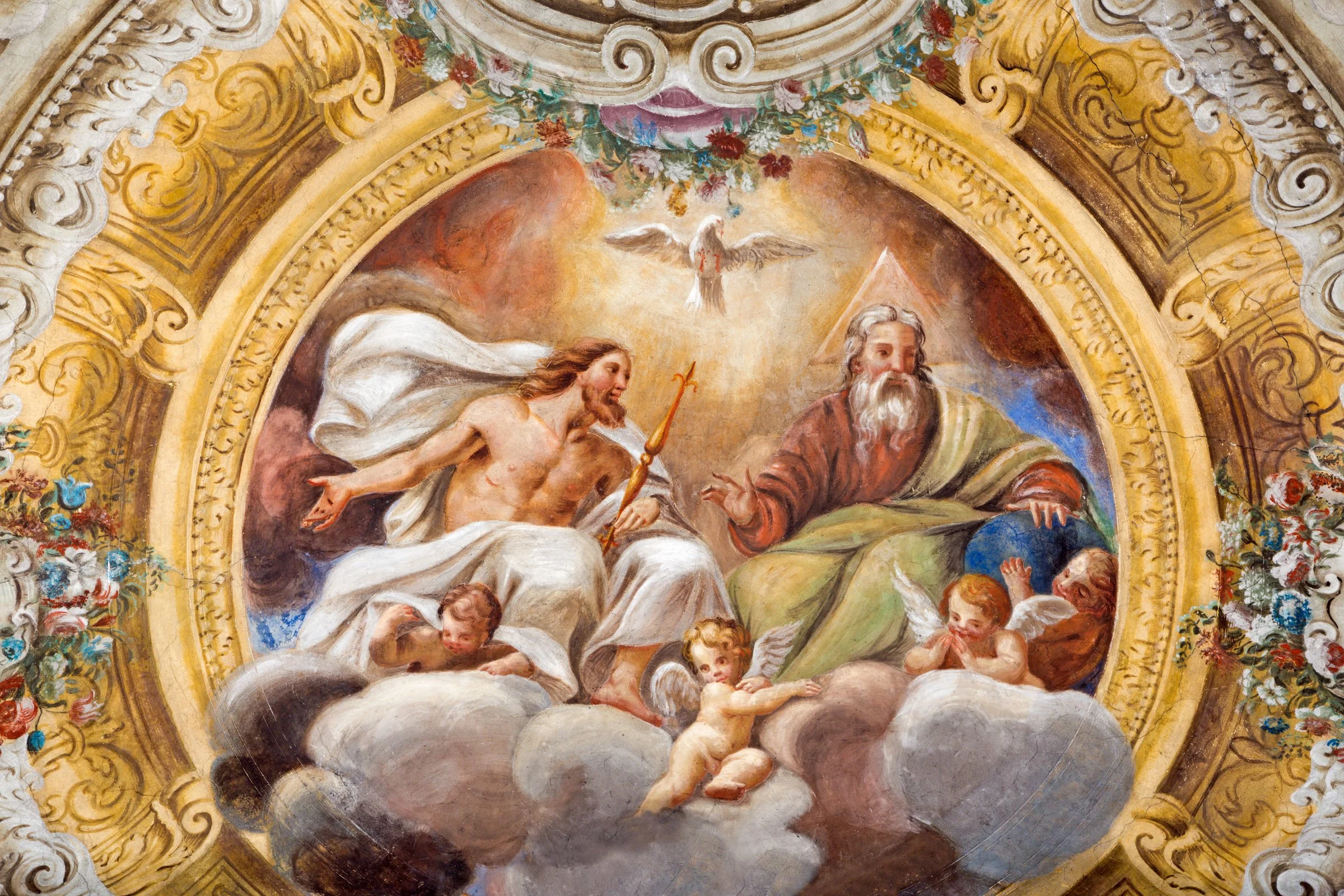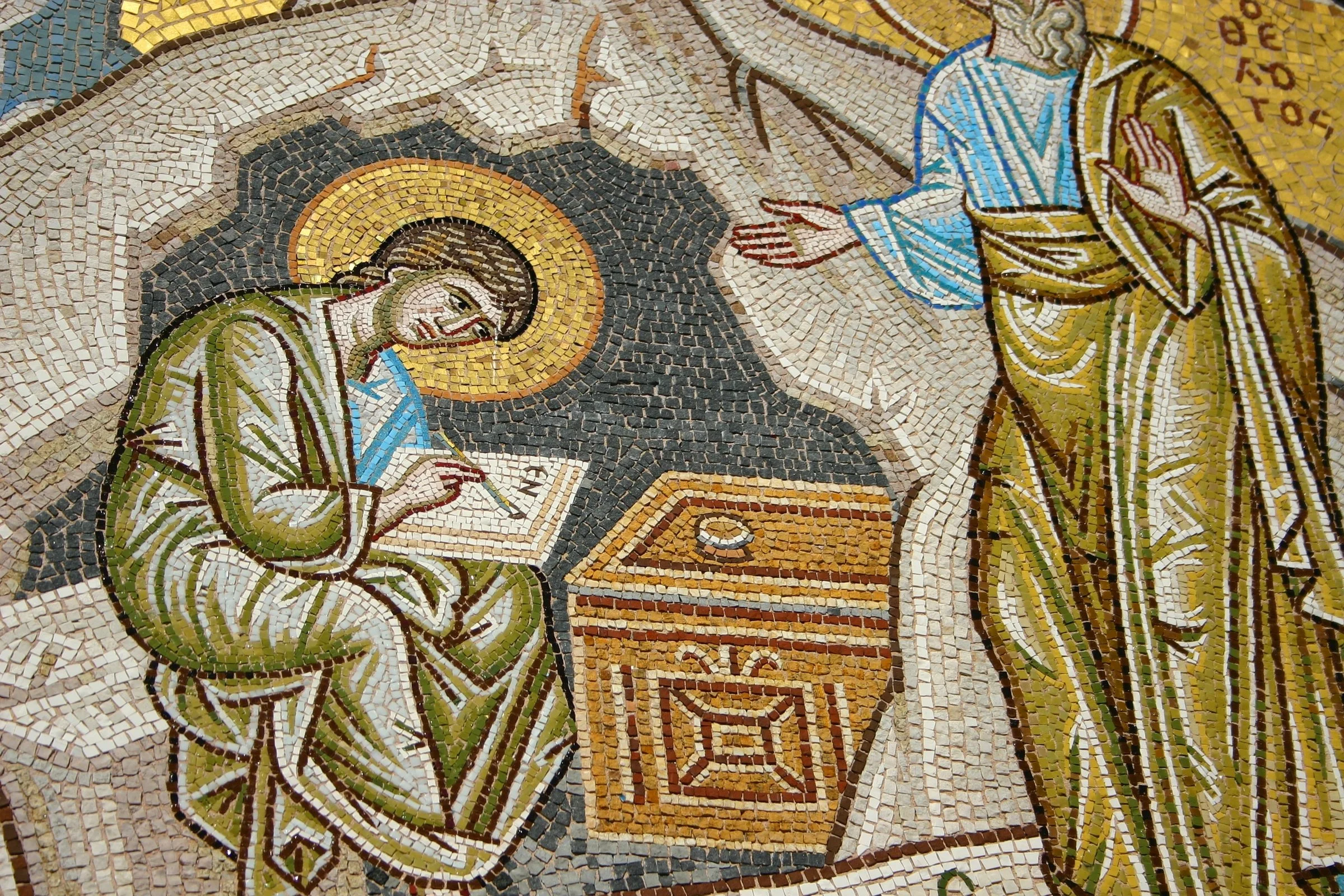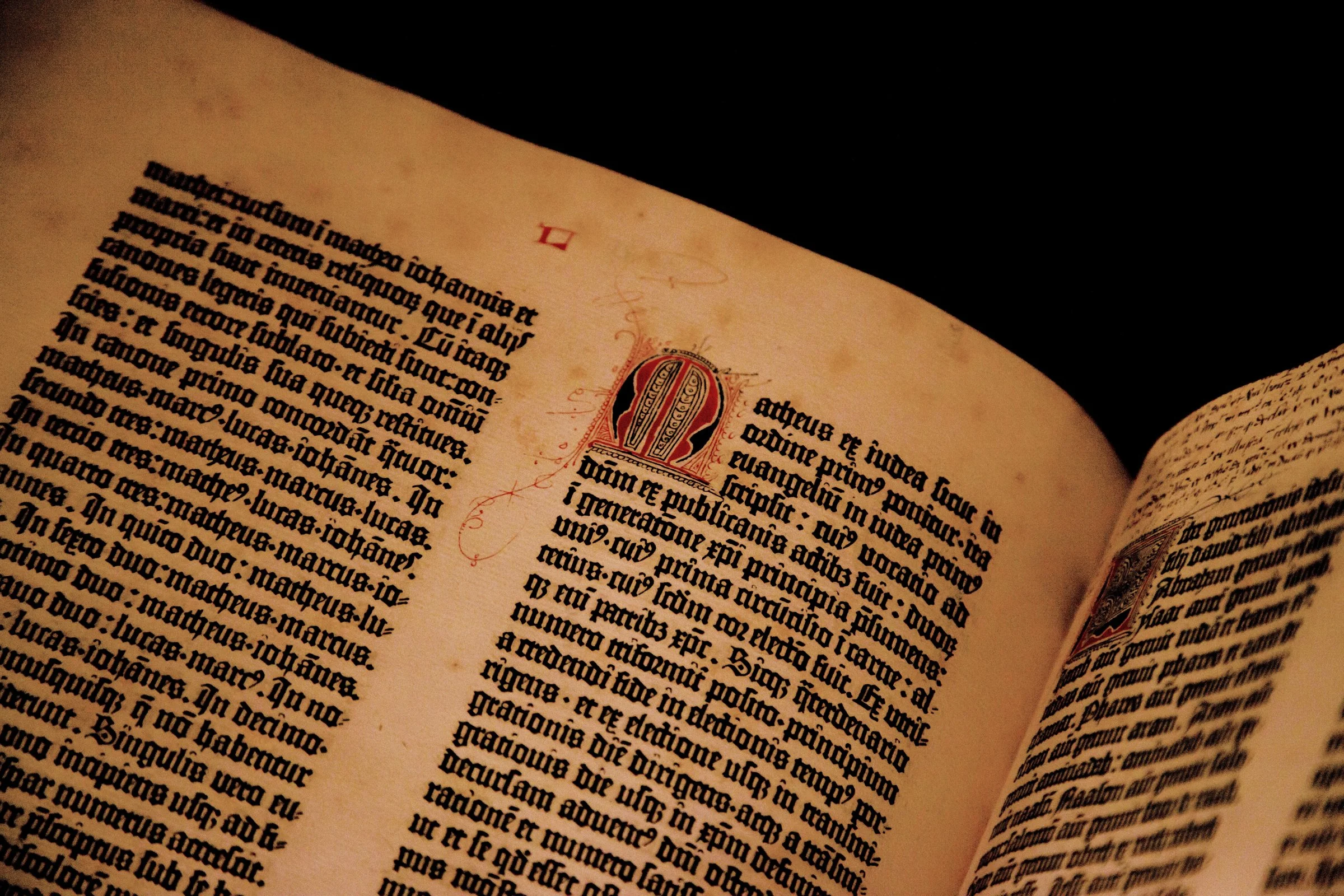In the Old Testament, there are plural names and pronouns for God. For example, the names Elohim and Adonai or plural. Some scholars claim this plurality relates to “a plurality of majesty.” However, in Genesis, we read: “Let Us make man in Our image, according to Our likeness” (Genesis 1:26). Notice the plural pronouns. Others are found in Genesis 3:22 and 11:7. In Isaiah, we read: “I heard the voice of the Lord [Adonai], saying: Whom shall I send, and who will go for Us?” (Isaiah 6:8). This verse acknowledges the oneness and unity of God, but also incorporates God’s plurality, inferring plurality in unity.
The Works of God
Scripture is clear regarding God’s Divine purpose in the creation. He is omniscient and knows every detail of humanity and the nations from the beginning through the end. All God’s works are sovereignly governed according to His plans and purposes. As we read: “God reigns over the nations; God sits on His holy throne” (Psalm 47:8); “Declaring the end from the beginning, And from ancient times things that are not yet done, Saying, 'My counsel shall stand, And I will do all My pleasure,' Calling a bird of prey from the east, The man who executes My counsel, from a far country. Indeed I have spoken it; I will also bring it to pass. I have purposed it; I will also do it” (Isaiah 46:10-11).
The Attributes of God
God’s attributes include His self-existence, immutability (unchanging), eternality, omnipresence (everywhere), omniscience (all-knowing), omnipotence (unlimited), and sovereignty (all-ruling power). God’s attributes are one with and in complete unity with Him. While God is limitless, He has chosen to restrain His will, giving humanity a degree of “free will.” This is the great mystery and the seeming paradox of God’s absolute sovereignty versus His limited will.
The Names and Nature of God
To understand God’s nature, attributes, and works, we begin by studying the names of God. Names are so important to the Lord that He dedicated an entire chapter in the book of Exodus called Shemot (names). We read, “Now these are the names of the children of Israel who came to Egypt” (Exodus 1:1). Names have meaning, and they have power. It says, “Then God said, ‘Let there be light’; and there was light” (Genesis 1:1), for the Lord God created the universe by His spoken word. And names have authority. We read, “What a word this is! For with authority and power, He commands the unclean spirits, and they come out” (Luke 4:36).
The Knowability and Existence of God
Theology is the study of God and His relationship with the creation. In Christianity, theology takes on a specific form and system, creating the basis for studying religious Christian doctrines and matters of divinity. It may describe the study of biblical truth or represent the study of God Himself, including His existence, nature, names, attributes, and works. While theological topics have varying and seemingly conflicting opinions, the core tenants of Christian theology hold true to nearly every church and denomination.
The Doctrine of Scripture
From the beginning, God has desired to make Himself known to His creation. God is Spirit and cannot be seen, and his transcendence is beyond our imagination. However, His imminence brings Him so close that He purposefully dwells within His children. Thus, He has chosen to reveal Himself both in the person of Jesus Christ, the Son of God, and the indwelling presence of the Holy Spirit. These two are one and co-equal with the Father, yet they each reveal different aspects of God.
History of The Bible
The English word for the Bible comes from the Greek biblos and biblion and means “book” and “little books.” The Bible is also called “the Scripture,” “holy writings,” “sacred writings,” “the oracles of God,” and most descriptively, “the Word of God.”
Understanding The Trinity
Christian theology takes on a definite form and system of study, creating the basis for exploring religious doctrines and matters of divinity, specifically the relationship of God with His creation. Theology comes from two Greek words: theos, meaning “God,” and logos, meaning “discourse” or “reason.” Therefore, theology is the discourse or reasoning about God, His existence, nature, names, attributes, works, and His biblical truth. One of the more challenging areas of theological study is that of God’s triune nature—the Trinity.
Israel and The Church
The Lord spoke to Jacob, saying, “Your name shall no longer be called Jacob, but Israel; for you have struggled with God and with men, and have prevailed” (Genesis 32:28). Here in Genesis, for the first time, we hear the name “Israel” given by God Himself to Jacob, the patriarch of twelve sons who would become the twelve tribes of Israel.
Are We In The Kingdom?
Yeshua ministered throughout all Judea, Samaria, and the Galilee, saying: “Repent, for the kingdom of heaven is at hand!” (Matthew 3:2). Was He inferring that the Kingdom of God had arrived and that we are now living in it? Not exactly.
Return of The Home Church
In the book of Acts, we read, “And suddenly there came a sound from heaven, as of a rushing mighty wind, and it filled the whole house where they were sitting” (Acts 2:2). “So continuing daily with one accord in the temple, and breaking bread from house to house, they ate their food with gladness and simplicity of heart” (Acts 2:46).
Recapturing a Lost Generation
On the Day of Pentecost, Peter declared: “And it shall come to pass in the last days, says God, That I will pour out of My Spirit on all flesh; Your sons and your daughters shall prophesy, Your young men shall see visions, Your old men shall dream dreams” (Acts 2:17). He was quoting the book of Joel verbatim.













